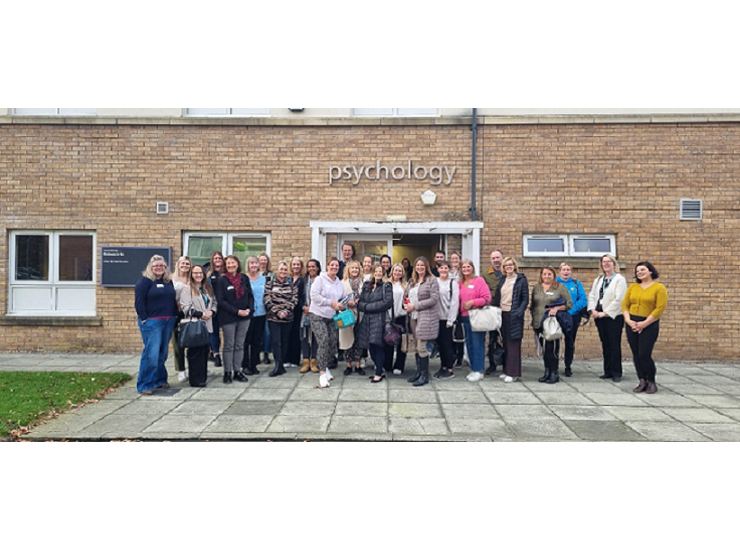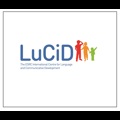
The Lancashire Lead Practitioner Scheme plays a vital role in fostering high-quality practice within the Early Years Foundation Stage (EYFS). This initiative brings together a select group of managers from a diverse range of settings across the Private, Voluntary, and Independent sectors. These Lead Practitioners serve as role models, sharing best practices and supporting EYFS practitioners in delivering high-quality early education.
As part of the scheme, managers and owners gain the opportunity to visit other settings, observe exemplary teaching, and engage in meaningful discussions with experienced practitioners working in similar contexts. Lead Practitioners also contribute to professional development by participating in activities such as writing for Spotlight magazine, sharing insights at termly manager update meetings, and assisting in the development of training materials.
In November 2024, the Lead Practitioner group visited Lancaster University’s Institute of Infant and Childhood Studies as part of their professional development activities. The event saw around 26 practitioners in attendance, with all research labs open for exploration. During the visit, practitioners had the opportunity to tour the Infant and Child Development Lab and learn about the latest research in early childhood development. The LuCiD team shared their expertise, discussing studies relevant to early years practice. The depth of knowledge and enthusiasm from the researchers was evident, leading to thought-provoking conversations on how research can inform practical approaches in early education.
Reflecting on the experience, one attendee noted: "It was a fantastic experience to see first-hand the innovative research being conducted. The discussions with experts were incredibly insightful and have given us new ideas to enhance our own practice."
The visit provided a valuable opportunity for early years professionals to engage with cutting-edge research and exchange ideas on best practices. It was a privilege to host the Lead Practitioners, and the LuCiD team hope future opportunities will continue to strengthen the link between research and practice in the early years sector.

